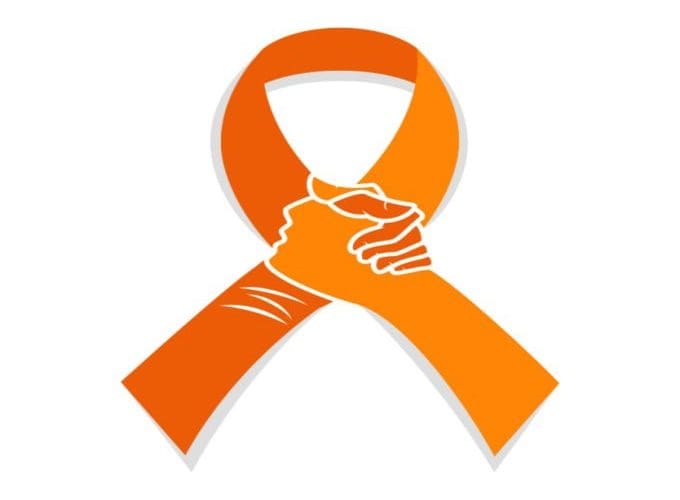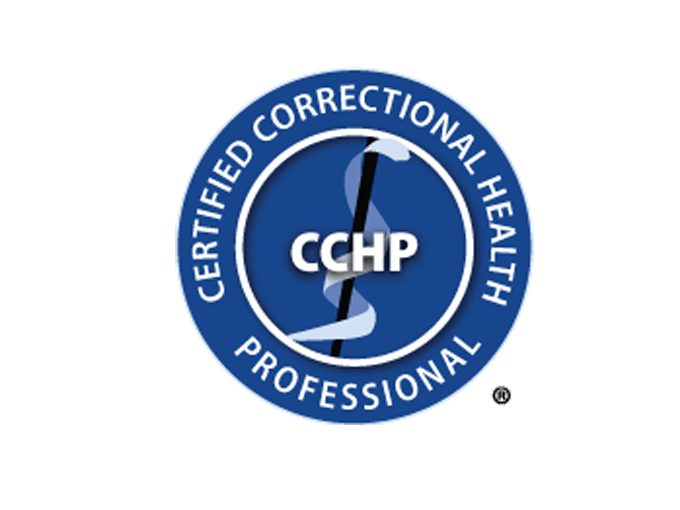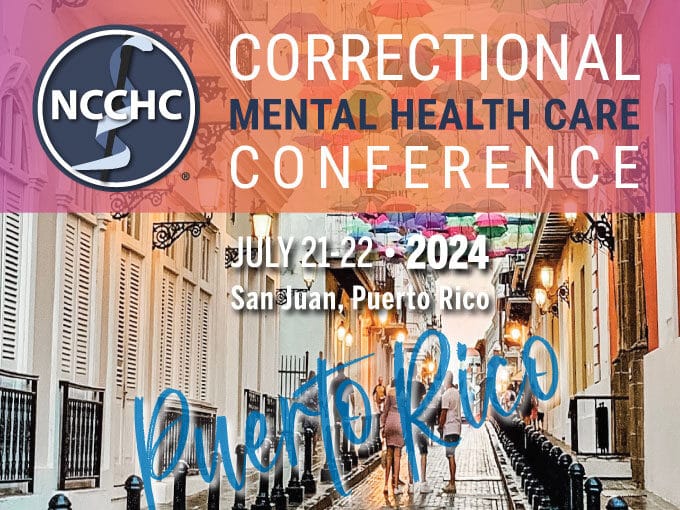
Standards Q&A: 75% Custody Health Training Requirement
Does the 75% requirement refer to all custody staff or only those working during
Home Suicide Prevention: Interdisciplinary Teamwork, Critical Evaluation, and Risk Reduction
 Sep 12, 2022
Sep 12, 2022By Fred W. Meyer, MA, CJM, CCHP
Managing Director, NCCHC Resources
Working with a team of NCCHC Resources consultants, I recently completed an analysis for suicide prevention at a large urban jail. Upon arrival, we were greeted by the custody and mental health leadership teams. There was open communication within and between these groups. Every interaction we had showed their commitment to employing best practices for reducing in-custody suicides.
We were pleased to see:
While this agency implemented nearly all the recommendations provided by NCCHC Resources in the initial report, there were additional opportunities for improvement identified during this visit. We were pleased to see that the agency realized a reduction in completed suicides after our first set of recommendations. I look forward to seeing them continue to reduce risks and improve their operation.
Suicide risks can be reduced through interdisciplinary teamwork, critical self-analysis, and a proactive approach to prevention in detention and correctional facilities. Medical and mental health working collaboratively with custody at all levels is the key to success. A team approach improves care, reduces risk, and may save lives.
Thanks for everything you do, the unsung heroes of the criminal justice system! If you are interested in working collaboratively with NCCHC Resources, please contact us at [email protected].


